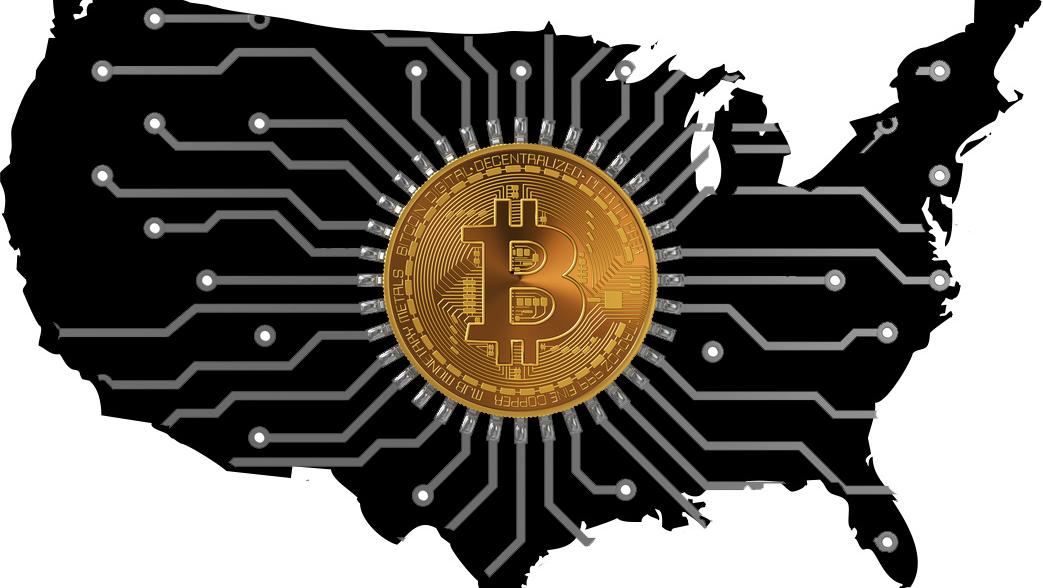PALO ALTO, Calif. (Reuters) - The Federal Reserve is taking a look at a broad variety of issues around digital payments and currencies, including policy, style and legal factors to consider around potentially issuing its own digital currency, Governor Lael Brainard stated on Wednesday. Brainard's remarks suggest more openness to the possibility of a Fed-issued digital coin than in the past." By changing payments, digitalization has the potential to deliver greater value and convenience at lower cost," Brainard stated at a conference on payments at the Stanford Graduate School of Service.
Reserve banks worldwide are disputing how to manage digital finance innovation and the distributed journal systems utilized by bitcoin, which guarantees near-instantaneous payment at possibly low cost. The Fed is establishing its own round-the-clock real-time payments and settlement service and is presently evaluating 200 comment letters submitted late last year about the proposed service's design and scope, Brainard stated.
Less than two years ago Brainard informed a conference in San Francisco that there is "no engaging demonstrated requirement" for such a coin. However that was before the scope of Facebook's digital currency ambitions were extensively understood. Fed authorities, including Brainard, have raised issues about consumer defenses and information and personal privacy hazards that could be positioned by a currency that could enter use by the third of the world's population that have Facebook accounts.
" We are collaborating with other main banks as we advance our Extra resources understanding of reserve bank digital currencies," she said. With more countries checking out issuing their own digital currencies, Brainard said, that adds to "a set of factors to also be making certain that we are that frontier of both research study and policy advancement." In the United States, Brainard stated, concerns that require research study consist of whether a digital currency would make the payments system more secure or easier, and whether it could position financial stability dangers, including the possibility of bank runs if money can be turned "with a single swipe" into the main bank's digital currency.

To counter the financial damage from America's extraordinary national lockdown, the Federal Reserve has actually taken unprecedented actions, consisting of Click for more flooding the economy with dollars and investing directly Click here! in the economy. The majority of these moves received grudging acceptance even from numerous Fed doubters, as they saw this stimulus as required and something only the Fed could do.
My brand-new CEI report, "Government-Run Payment Systems Are Risky at Any Speed: The Case Versus Fedcoin and FedNow," information the risks of the Fed's present strategies for its FedNow real-time payment system, and proposals for central bank-issued cryptocurrency that have actually been called Fedcoin or the "digital dollar." In my report, I talk about issues about personal privacy, data security, currency adjustment, and crowding out private-sector competitors and development.
Supporters of FedNow and Fedcoin state the government needs to produce a system for payments to deposit instantly, rather than encourage such systems in the economic sector by raising regulative barriers. However as noted in the paper, the economic sector is providing a seemingly limitless supply of payment technologies and digital currencies to fix the problemto the degree it click here is a problemof the time space between when a payment is sent and when it is received in a savings account.
And the examples of private-sector innovation in this area are numerous. The Cleaning Home, a bank-held cooperative that has actually been routing interbank payments in numerous types for more than 150 years, has been clearing real-time payments because 2017. By the end of 2018 it was covering half of the deposit base in the U.S.